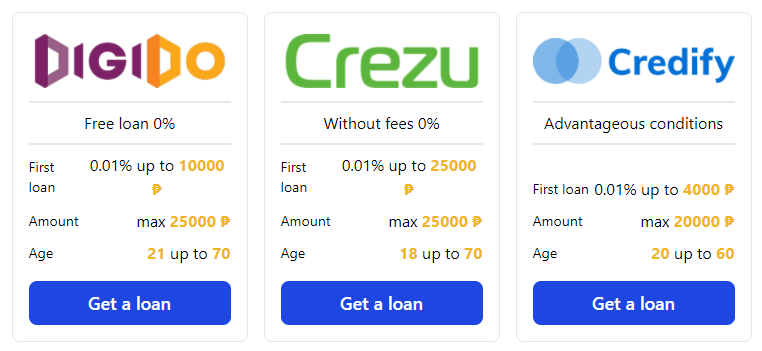The online lending industry has been growing rapidly in the Philippines, but it has also been plagued by concerns over fraudulent activities and unfair lending practices. As a result, the Securities and Exchange Commission (SEC) has been taking measures to regulate this industry and protect consumers.
One of the SEC’s primary tools in regulating the online lending industry is its list of recorded online lending platforms. This list includes online lending platforms that have complied with the SEC’s requirements and are therefore considered legal and legitimate. The list can be found on the SEC’s website and is regularly updated to reflect changes in the industry.
In addition to the list of recorded online lending platforms, the SEC has also revoked the licenses of several lending companies that were found to be operating illegally or engaging in unfair lending practices. These companies are also listed on the SEC’s website, along with information about the reasons for their revocation.
However, the SEC’s efforts to regulate the online lending industry have not been limited to the Philippines. In February 2023, the SEC removed 33 online lending platforms from the Google Play Store with the help of Google Philippines. These platforms were found to be operating without proper authorization from the SEC and were therefore considered illegal. This move was part of a larger effort to crack down on unscrupulous lending practices and protect consumers from fraudulent activities.
In addition to the SEC’s efforts, Google Play Store has also taken steps to regulate the online lending industry in the Philippines. In May 2022, Google Play Store adopted a new policy that required developers with personal loan apps targeting users in the Philippines to submit a Personal Loan App Declaration and necessary documentation before they could publish apps on Google Play Store. This policy will take effect on May 31, 2023, and is intended to help weed out illegal and fraudulent lending practices in the industry.
To further help regulate the industry, the SEC has also published a whitelist of approved digital loan apps. This list will serve as a reference point for Google to validate the regulator’s approved apps before listing them on Play Store. The list will be updated as necessary to reflect changes in the industry and ensure that only legitimate lending platforms are allowed to operate in the Philippines.
The SEC’s efforts to regulate the online lending industry are aimed at protecting consumers from unscrupulous lending practices and ensuring that only legitimate lending platforms are allowed to operate in the Philippines. By maintaining a list of recorded online lending platforms and revoking the licenses of companies that engage in illegal or unfair practices, the SEC is helping to build a safer and more transparent lending industry in the country.
However, regulating the online lending industry is not an easy task, and there are still concerns about the prevalence of fraudulent activities and unfair lending practices. Consumers are advised to exercise caution when using online lending platforms and to carefully read the terms and conditions of any loan before accepting it.
In conclusion, the SEC’s efforts to regulate the online lending industry in the Philippines are an important step towards building a safer and more transparent lending industry in the country. By maintaining a list of recorded online lending platforms and revoking the licenses of companies that engage in illegal or unfair practices, the SEC is helping to protect consumers and promote responsible lending practices. The industry is still evolving, however, and ongoing efforts will be needed to ensure that consumers are adequately protected and that only legitimate lending platforms are allowed to operate in the Philippines.
